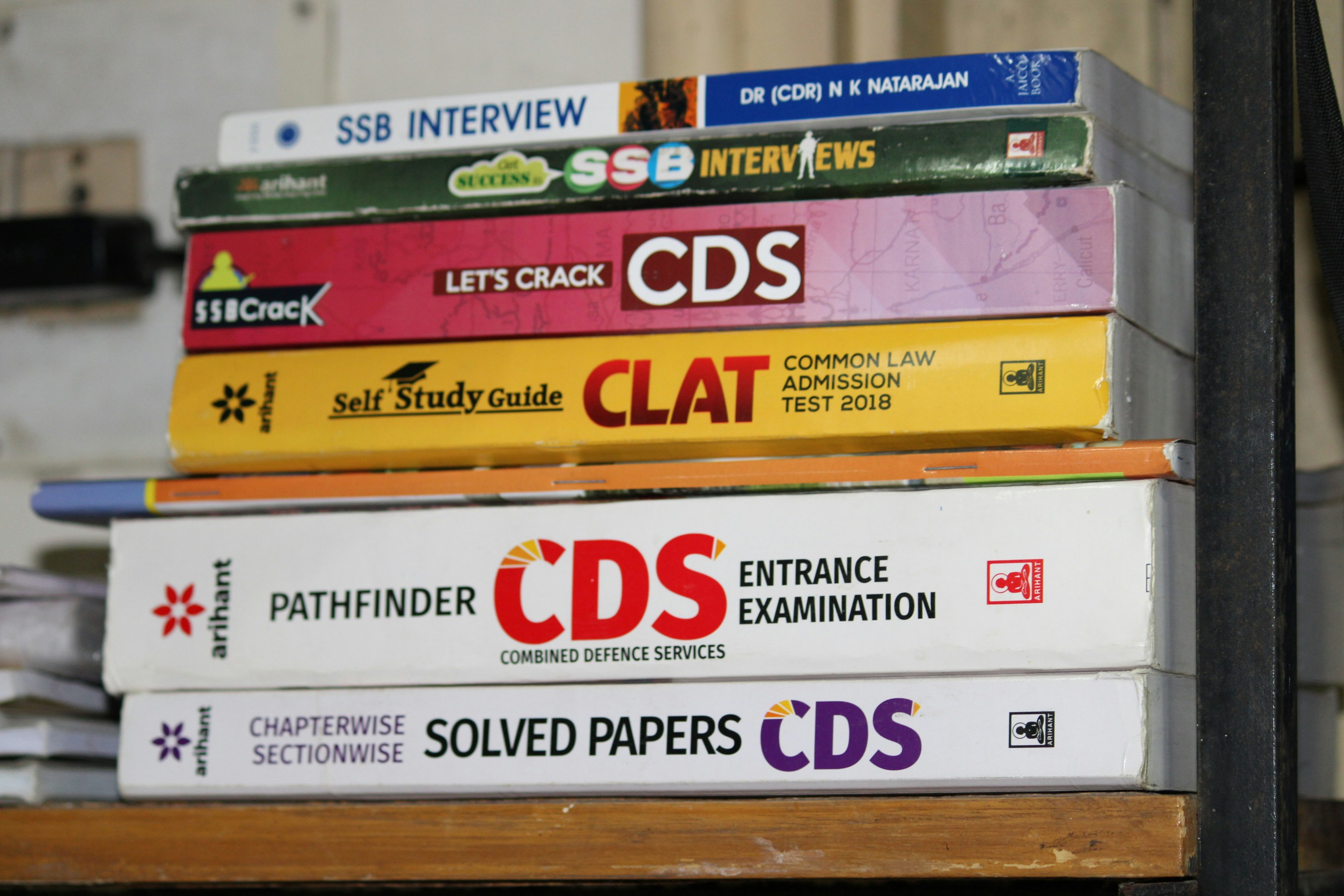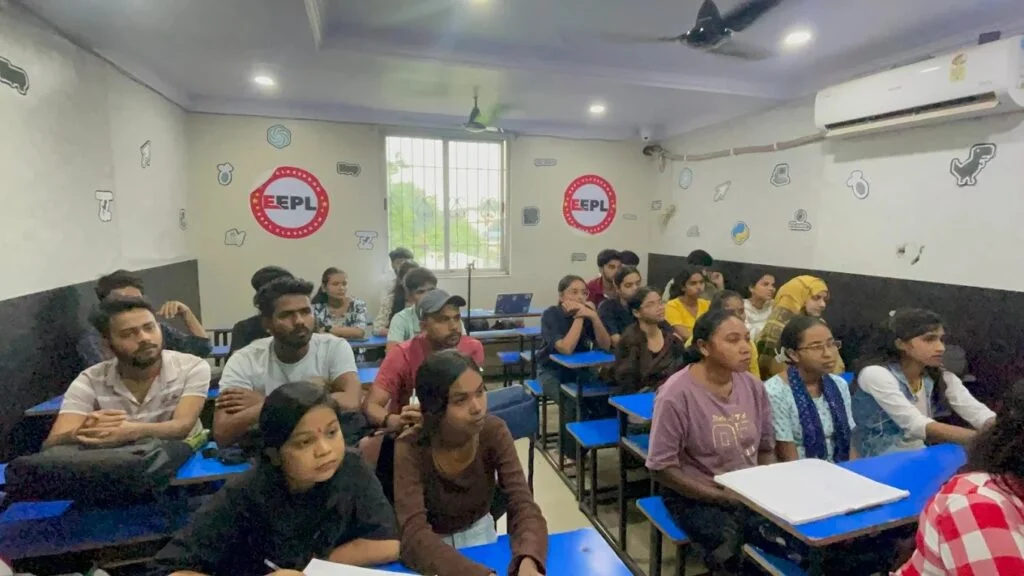Understanding the Exam Structure and Syllabus
Preparation for Class 12 board exams necessitates a comprehensive understanding of the exam structure and syllabus. Familiarizing oneself with these elements is crucial, as it lays a solid foundation for an effective study plan. Each board has a distinct framework comprising various types of questions, such as objective, subjective, and practical, along with vital marking schemes and time allowances that influence performance.
The first step in preparing for exams is obtaining the official syllabus from the respective educational board. This syllabus not only outlines the topics to be covered but also highlights the specific competencies that students are expected to demonstrate. Regularly reviewing the syllabus helps ensure that all necessary concepts are addressed, enabling students to streamline their studies and avoid overlooking critical material. Moreover, understanding the structure allows students to anticipate the kinds of questions that may arise, fostering better time management during preparation and examination.
In addition to grasping the syllabus, students should pay particular attention to the weightage assigned to different subjects and topics within the curriculum. By identifying which areas carry more significance, learners can allocate their study time effectively, focusing on topics that are pivotal for scoring well. For instance, subjects with higher weightage may require more in-depth study and practice. This strategic prioritization ensures that students maximize their proficiency in essential areas, ultimately enhancing their confidence as they approach the exams.
In summary, comprehending the exam structure and syllabus provides students with a clear roadmap for their preparation journey. Recognizing question types, marking schemes, and the specific content requirements allows for a targeted approach that can significantly impact exam performance.
Creating a Comprehensive Study Plan
To excel in Class 12 Board Exams, developing a comprehensive study plan is essential. A realistic and effective study plan should be tailored to personal strengths and weaknesses, facilitating better engagement with the material. The first step is to assess your current understanding of each subject. Identify areas of strength and highlight topics that require additional focus. This evaluation serves as the foundation for your study plan.
Once you have established your strengths and weaknesses, set specific, achievable goals for each subject. Goals should be clear and quantifiable, allowing for an effective measurement of progress. For example, instead of a vague objective like “study mathematics,” specify the topics to cover, such as “complete all exercises from chapter 5 by next week.” This clarity fosters accountability and motivation, which are vital for sustained study efforts.
Next, create a detailed schedule that allocates time for each subject throughout the week. Incorporate regular study sessions, ensuring that the time allocated is balanced according to the complexity and volume of the syllabus. It is advisable to implement the Pomodoro Technique—25 minutes of focused study followed by a 5-minute break. This approach enhances retention and understanding while preventing burnout.
In addition to structured study time, allow moments for self-assessment. Practice tests, quizzes, or summarizing learned concepts can help reinforce what you’ve studied. Schedule these assessments periodically to track your improvement and adjust your study strategies as necessary. Make sure to utilize weekends for revision, covering previously studied topics to maintain a comprehensive grasp of the subject matter.
Ultimately, a well-crafted study plan not only organizes your study times but also empowers your learning, paving the way for success in your Class 12 Board Exams.

Effective Study Techniques and Resources
To successfully navigate the Class 12 board exams, effective study techniques play a pivotal role in enhancing students’ learning experiences. One of the most impactful approaches is active reading, where students engage with the material by asking questions, summarizing sections, and making connections to what they already know. This immersive technique helps to reinforce understanding and retention of the concepts being studied.
Another method that can significantly elevate one’s study preparation is summarization. Students are encouraged to distill information into concise summaries, capturing essential points and clarifying their thoughts on specific topics. This practice not only aids memory retention but also promotes deeper understanding. Students can benefit from reviewing these summaries periodically, transforming their overall grasp of the subject matter.
Incorporating mnemonic devices can further enhance the learning process. These memory aids simplify complex information into memorable formats, enabling students to recall facts more easily during exams. For instance, acronyms and visual imagery can be particularly effective in retaining information, making challenging subjects more approachable.
More
In addition to effective study techniques, utilizing a variety of study resources is crucial. While textbooks remain foundational, students should explore online tutorials and educational platforms that offer interactive lessons and practice exercises. Supplementing textbook learning with video content or quizzes can provide a richer understanding of the subjects. Furthermore, engaging in study groups allows students to discuss concepts collaboratively, exchange ideas, and clarify doubts.
It is equally essential to integrate past exam papers and sample questions into the study routine. This practice familiarizes students with the exam format, types of questions asked, and time management skills. By analyzing previous year papers, students can identify common themes in questioning, allowing for targeted study efforts. In essence, adopting diverse study techniques along with varied resources empowers students to enhance their preparation for the Class 12 board exams effectively.
Tips for Maintaining Motivation and Reducing Stress
Maintaining motivation during the preparation for Class 12 board exams can be a challenge for many students. A significant step towards ensuring consistent engagement is to set achievable study milestones. By breaking down the syllabus into smaller sections, students can celebrate the completion of each segment with a small reward, such as taking a short break or enjoying a favorite snack. This practice not only reinforces positive behavior but also creates a sense of accomplishment that fuels motivation.
Another essential aspect to consider is fostering a positive mindset. Students are encouraged to practice self-affirmation and visualize their success. Positive thinking can lead to improved focus and resilience, particularly during challenging study sessions. Keeping a journal to record achievements and express emotions may also help in maintaining mental well-being. This, in turn, contributes to motivation as students can physically see their progress over time.
Stress is often an unavoidable element in the lead-up to board exams. To mitigate anxiety, various practical techniques may be implemented. Mindfulness practices, such as meditation and breathing exercises, can help students stay centered and calm. Incorporating physical exercise into daily routines is equally effective; activities such as yoga, jogging, or even simple stretching can significantly alleviate stress levels while boosting overall health.
Moreover, students should not hesitate to seek support from their peers and family. Discussing worries with friends who are going through similar experiences can foster a group atmosphere of encouragement and motivation. Additionally, having open communication with family members about academic pressures can enable them to provide the necessary emotional support. By balancing study commitments with self-care practices, students can cultivate a more enjoyable and effective preparation period for their Class 12 board exams.











